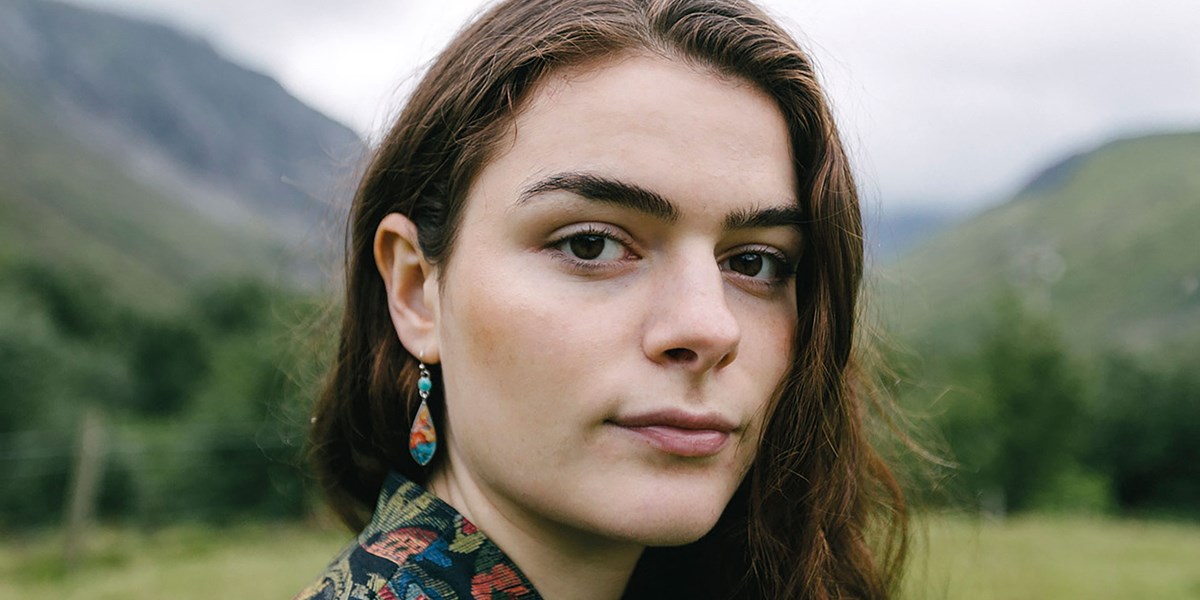Thursday, August 21, 2025
Brìghde Chaimbeul’s Sunwise: smallpipes, winter spirits and the faerie call of the Rhine
By Tim Cumming
Brìghde Chaimbeul, the Scottish smallpipes star pushing folk into experimental grounds talks to Tim Cumming about her powerful new album and how times have changed for female pipers

Brìghde Chaimbeul (photo: Steve Bliss)

Register now to continue reading

Thanks for visiting the Songlines website, your guide to an extraordinary world of music and culture. Sign up for a free account now to enjoy:
- Free access to 2 subscriber-only articles and album reviews every month
- Unlimited access to our news and awards pages
- Our regular email newsletters

